Conclavoscope - Cardinal Stephen Brislin
Cardinal Profile and Assessment

South African cardinal, Archbishop of Cape Town, known for his balanced leadership in post-apartheid South Africa and his pastoral work combining fidelity to doctrine and commitment to social justice.
| Criterion | Tendency |
|---|---|
| Moral doctrine | Moderately progressive |
| Liturgy | Moderately progressive |
| Sociopolitical | Moderately progressive |
| Relationship with Pope Francis | Moderately progressive |
| Dialogue | Moderately progressive |
| Communication | Moderately progressive |
| Overall tendency | Progressive |
Stephen Brislin, born on September 24, 1956, in Welkom, South Africa, is an influential prelate of the South African Catholic Church. Of Scottish and Irish descent, he studied psychology at the University of Cape Town, philosophy at St. John Vianney Seminary in Pretoria, theology at Mill Hill Missionary Institute in London, and obtained a degree from the Catholic University of Louvain. Ordained a priest on November 19, 1983, for the diocese of Kroonstad, he was appointed bishop of the same diocese in 2006, then Archbishop of Cape Town in 2009. He held that position until October 2024, when he was transferred to the Archdiocese of Johannesburg. (Stephen Brislin)
Brislin was president of the Southern African Catholic Bishops' Conference (SACBC) from 2013 to 2019 and president of the Inter-Regional Meeting of Bishops of Southern Africa (IMBISA) from 2012 to 2016. He was created a cardinal by Pope Francis at the consistory of September 30, 2023, receiving the title of Cardinal-Priest of Santa Maria Domenica Mazzarello. He is also a member of the Dicastery for the Causes of Saints since October 2023. (Stephen Brislin)
Brislin is considered a moderate, aligned with Pope Francis's pastoral vision. He supported open approaches during the family synods, while remaining faithful to doctrine. His episcopate is marked by attention to social issues and justice, without adopting radical positions. (Stephen Brislin)
As president of the SACBC and IMBISA, Brislin has forged strong ties with the bishops of Southern Africa. His recent elevation to the cardinalate and his appointment to Johannesburg enhance his stature. However, his influence remains primarily regional, and he will have to rely on the support of cardinals who share his pastoral vision to hope to be elected. (Stephen Brislin)
Cardinal Brislin upholds traditional Catholic teachings, particularly on life issues. However, he has shown openness to pastoral flexibility, especially concerning access to sacraments for those in irregular relationships. His nuanced approach reflects a balance between doctrinal fidelity and pastoral sensitivity.
Cardinal Brislin respects traditional liturgical practices while embracing adaptations that resonate with local cultures. His leadership in diverse dioceses demonstrates his ability to balance tradition with the pastoral needs of the faithful.
Cardinal Brislin is actively engaged in sociopolitical issues, advocating for social justice and the rights of the marginalized. He emphasizes the Church's role in promoting peace, truth, and justice, particularly in contexts of conflict and inequality.
Cardinal Brislin is closely aligned with Pope Francis, sharing his vision for a synodal and inclusive Church. His appointment as cardinal reflects the Pope's trust in his leadership and commitment to ecclesial reform.
Cardinal Brislin supports interreligious dialogue, emphasizing the importance of understanding and cooperation among different faith traditions. His participation in events like the UN World Interfaith Harmony Week underscores his commitment to fostering unity and mutual respect.
Known for his pastoral and empathetic communication style, Cardinal Brislin emphasizes listening and dialogue. His leadership reflects a commitment to engaging with diverse perspectives within the Church and society.
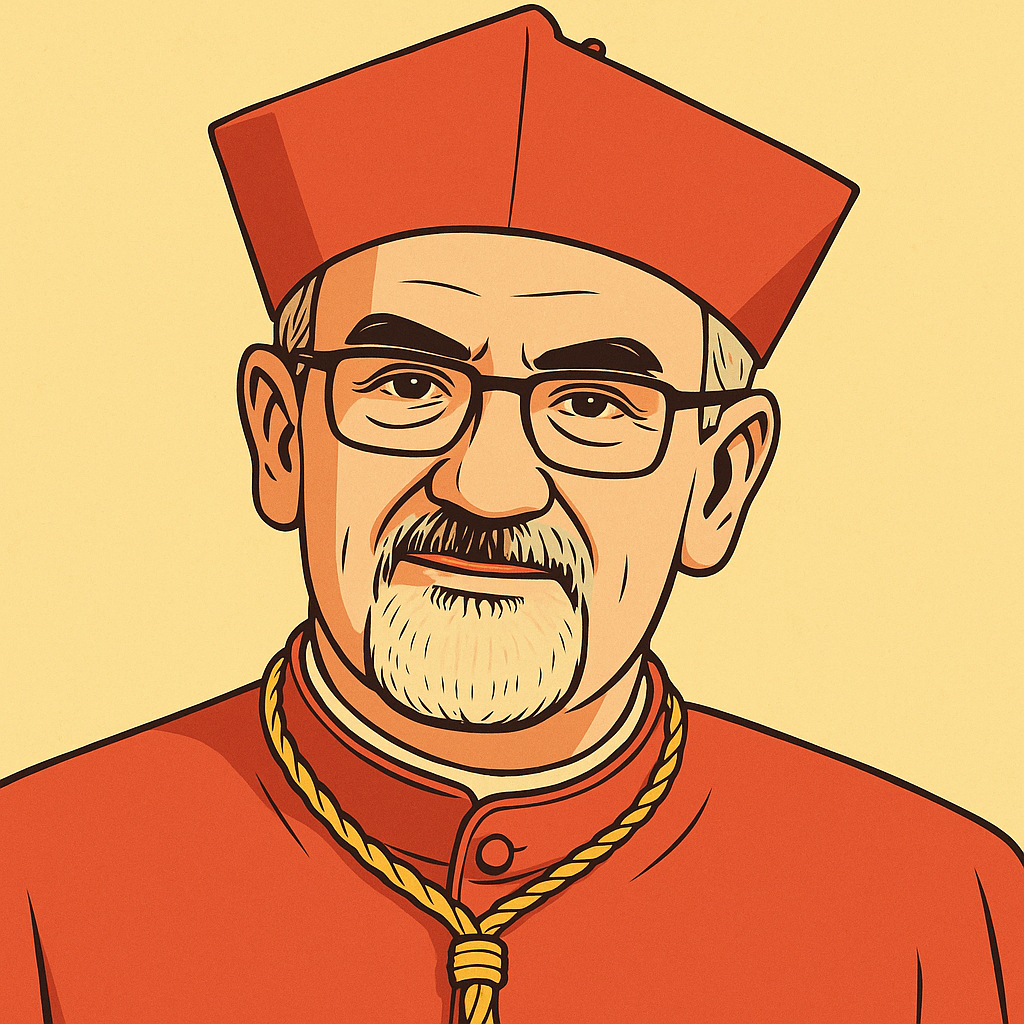
Israel
Italian cardinal, Latin Patriarch of Jerusalem, Franciscan, known for his expertise on the Middle East and his balanced leadership in a context of political and religious tensions.
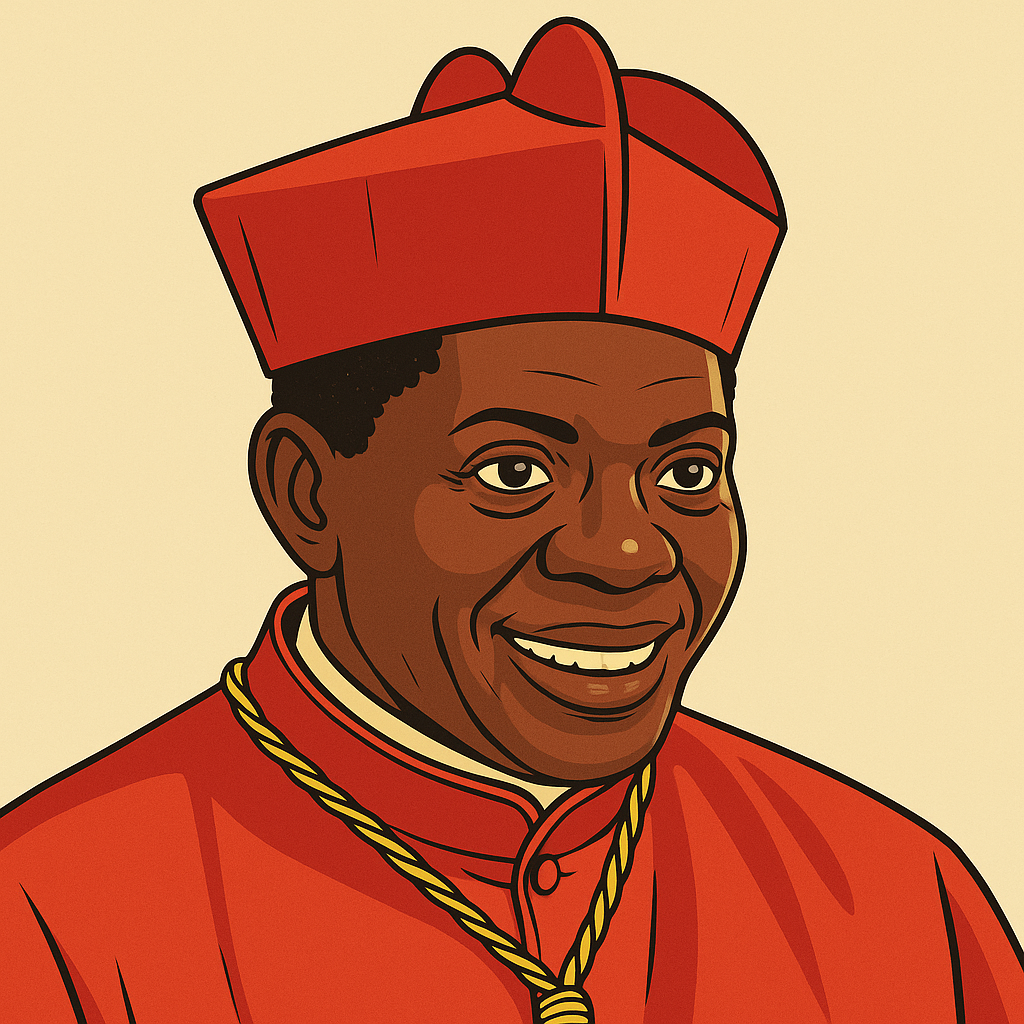
Tanzania
Tanzanian cardinal, Secretary of the Dicastery for Evangelization, known for his missionary expertise and balanced pastoral vision, combining doctrinal fidelity and cultural adaptation.
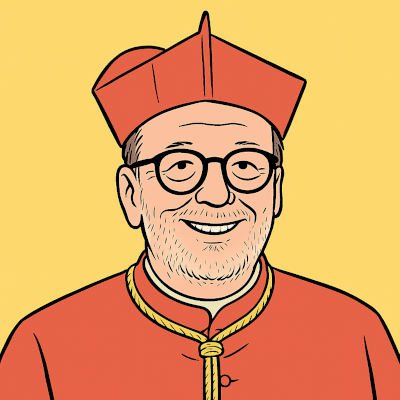
Italy
Italian cardinal, former apostolic nuncio, known for his diplomatic expertise and knowledge of Eastern Churches, combining liturgical tradition and openness to dialogue.
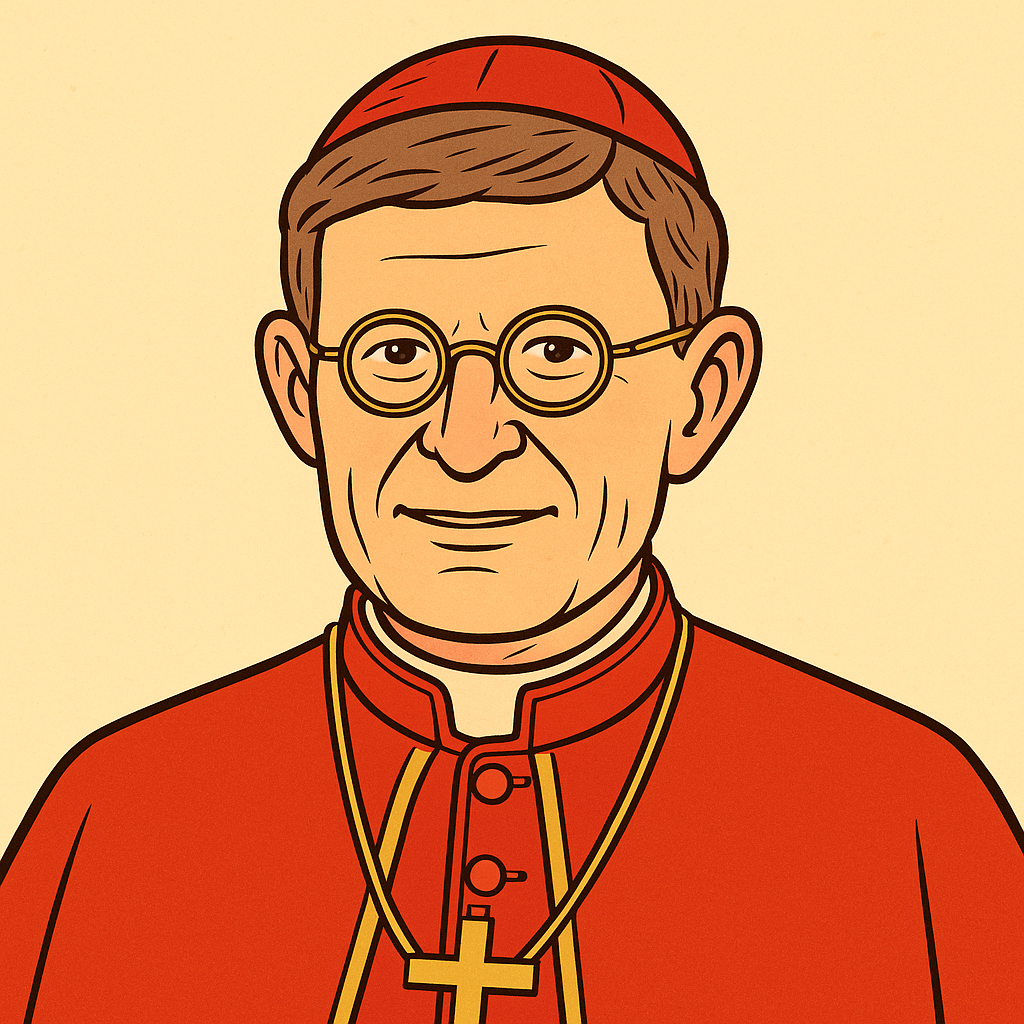
Germany
age: 69
German cardinal, Archbishop of Cologne, known for his conservative positions and controversial leadership, particularly in handling sexual abuse and his opposition to certain reforms.
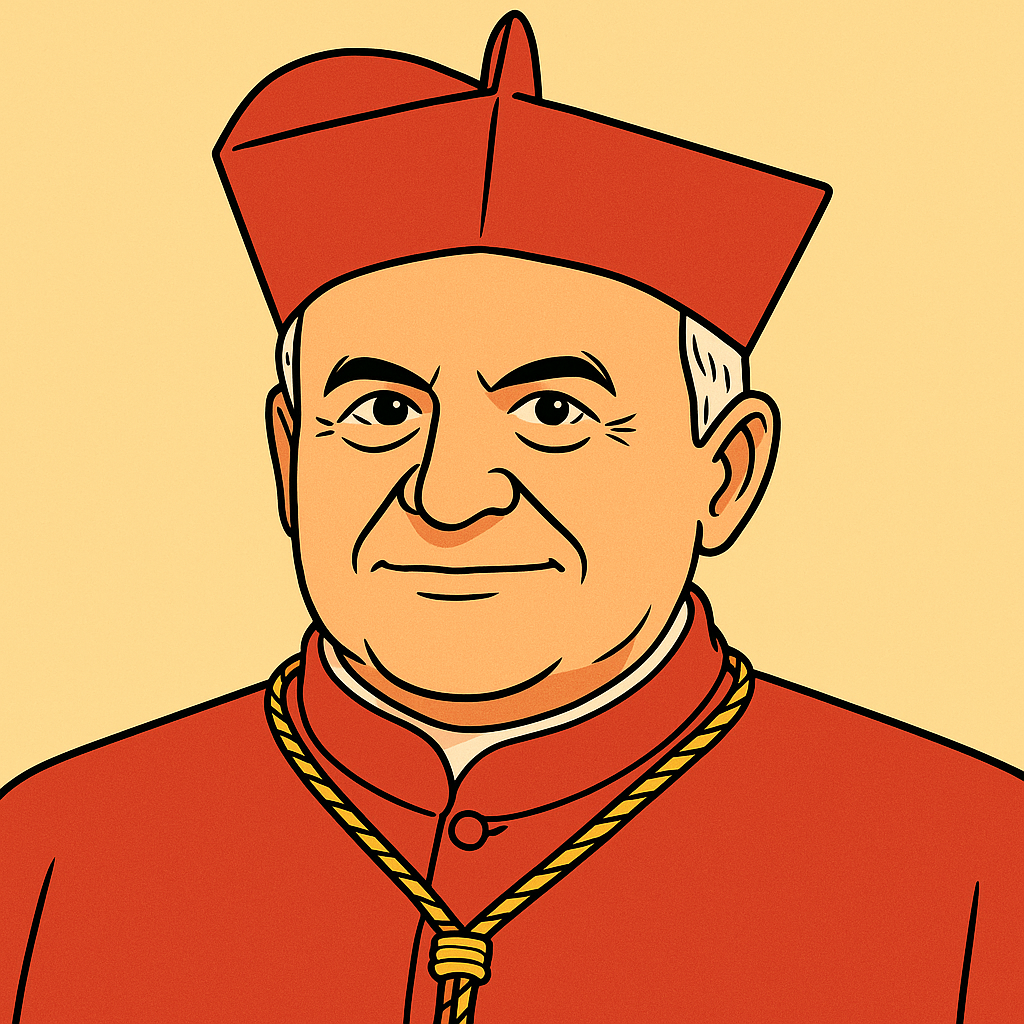
Serbia
age: 69
Serbian cardinal, Archbishop of Belgrade, known for his pastoral work in a predominantly Orthodox context and his commitment to ecumenical dialogue in the Balkans.
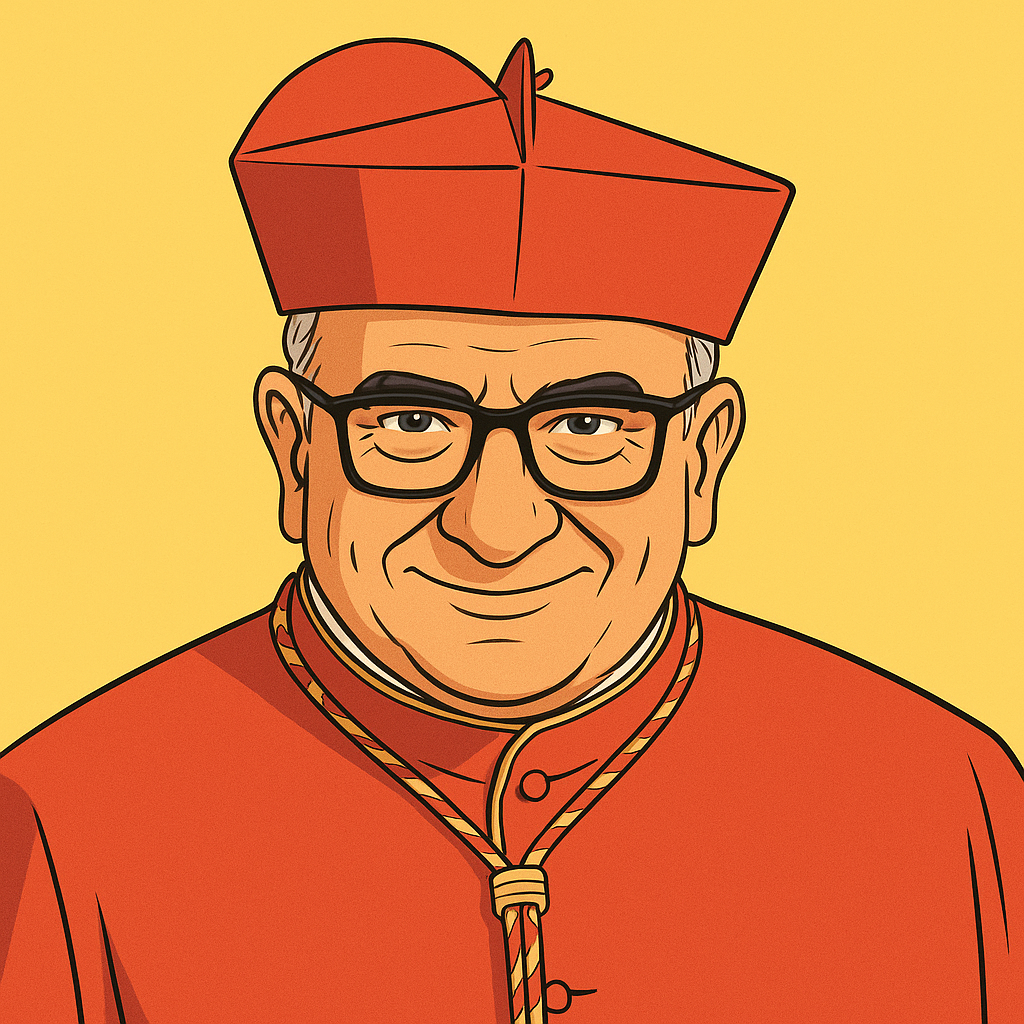
Chile
age: 68
Chilean cardinal, Archbishop of Concepción, known for his conservative doctrinal positions and commitment to rebuilding trust after abuse scandals.
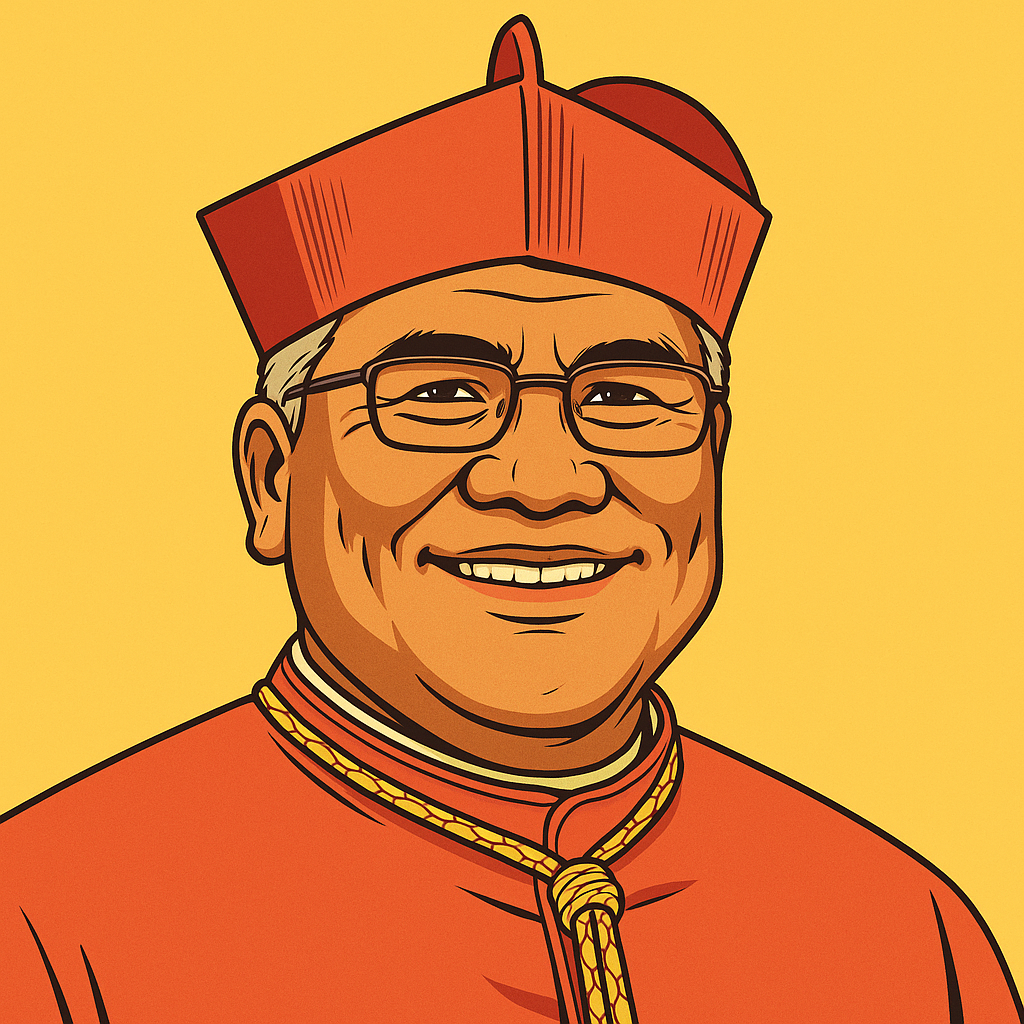
Tonga
Tongan cardinal, Bishop of Tonga, first cardinal from his country, known for his pastoral leadership in the Pacific and his attention to environmental issues affecting Pacific islands.

Portugal
Portuguese cardinal recognized for his pastoral dynamism and modern communication, close to Pope Francis' positions on Church openness.

Portugal
Portuguese cardinal known for his pastoral approach and openness to modern issues, while maintaining a balance with tradition.

France
French cardinal, Archbishop of Marseille, known for his commitment to interreligious dialogue and his open pastoral approach in a multicultural city.
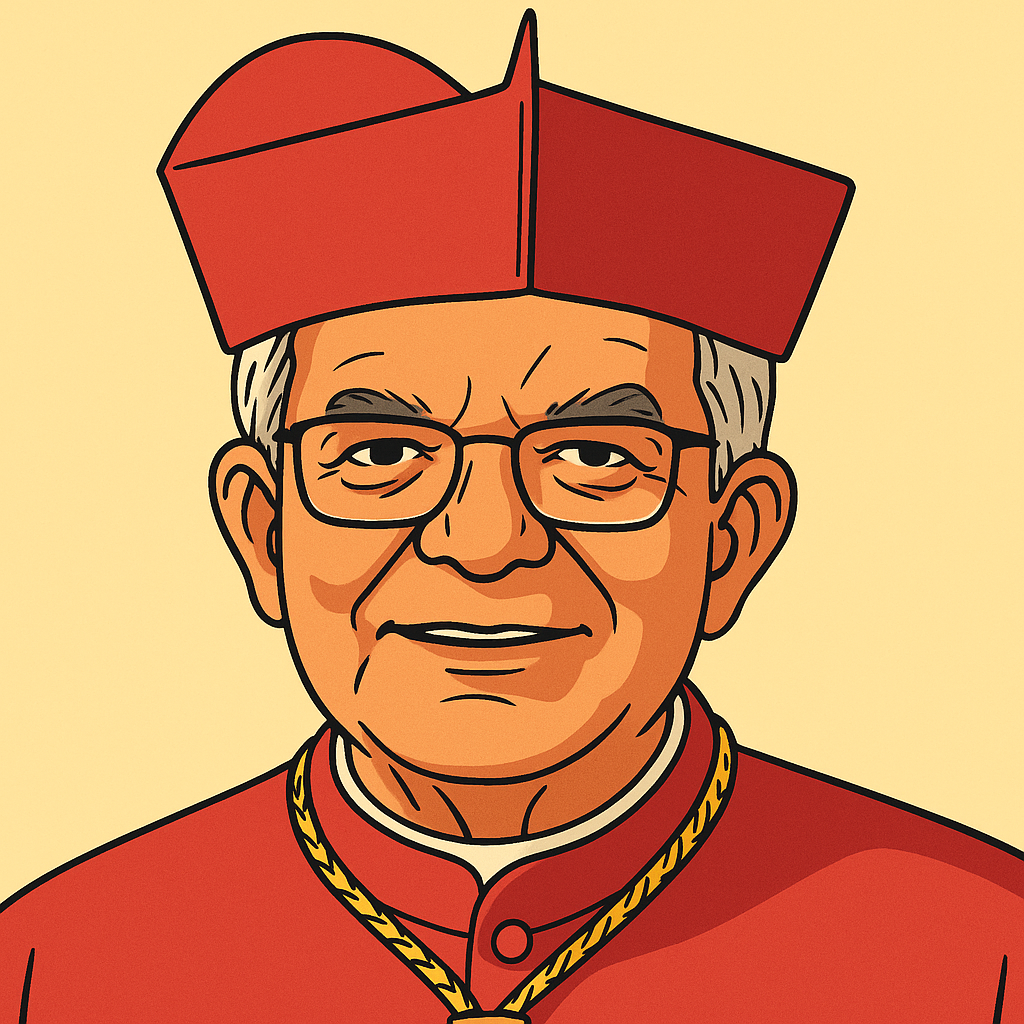
Paraguay
Paraguayan cardinal known for his pastoral commitment and moderate approach to social issues. The first cardinal in Paraguay's history.
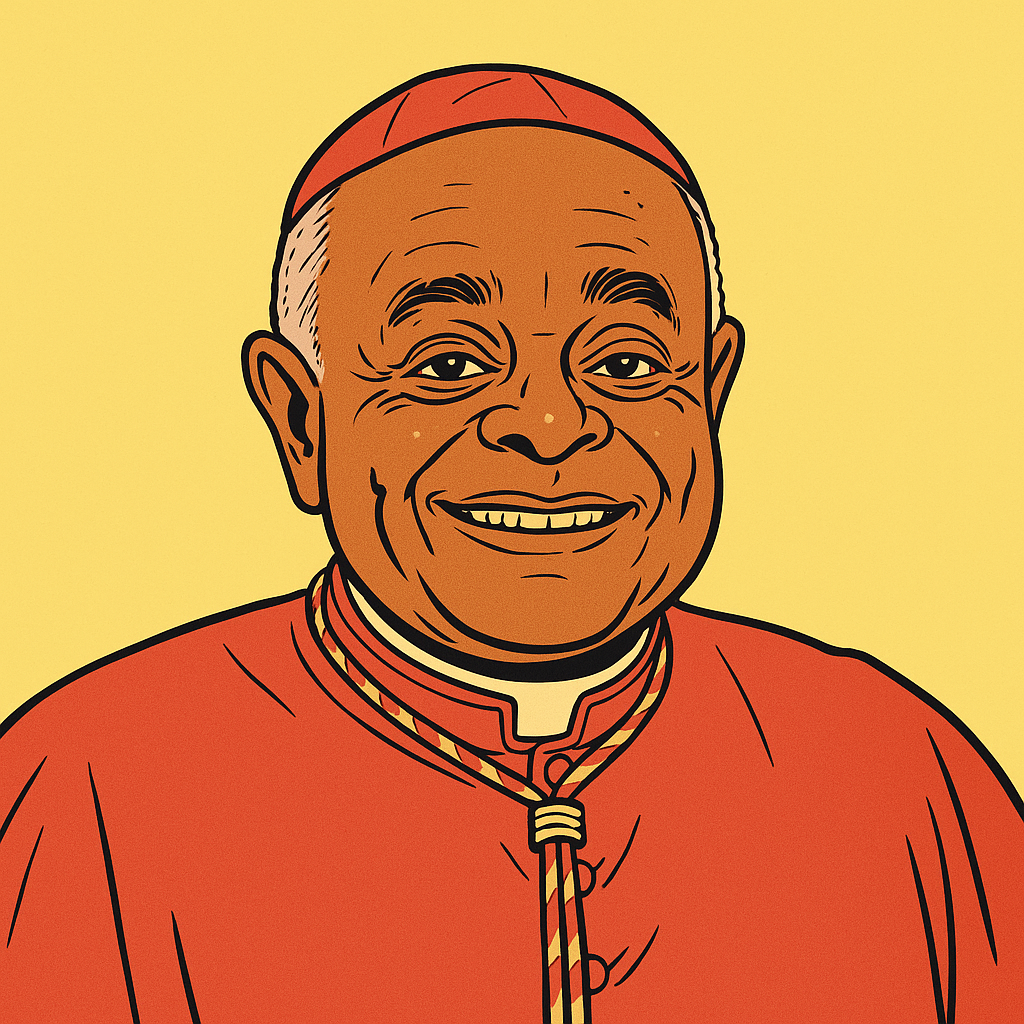
United States
American cardinal, Archbishop of Washington, first African-American cardinal, known for his leadership in the sexual abuse crisis and his balanced pastoral approach between tradition and openness.
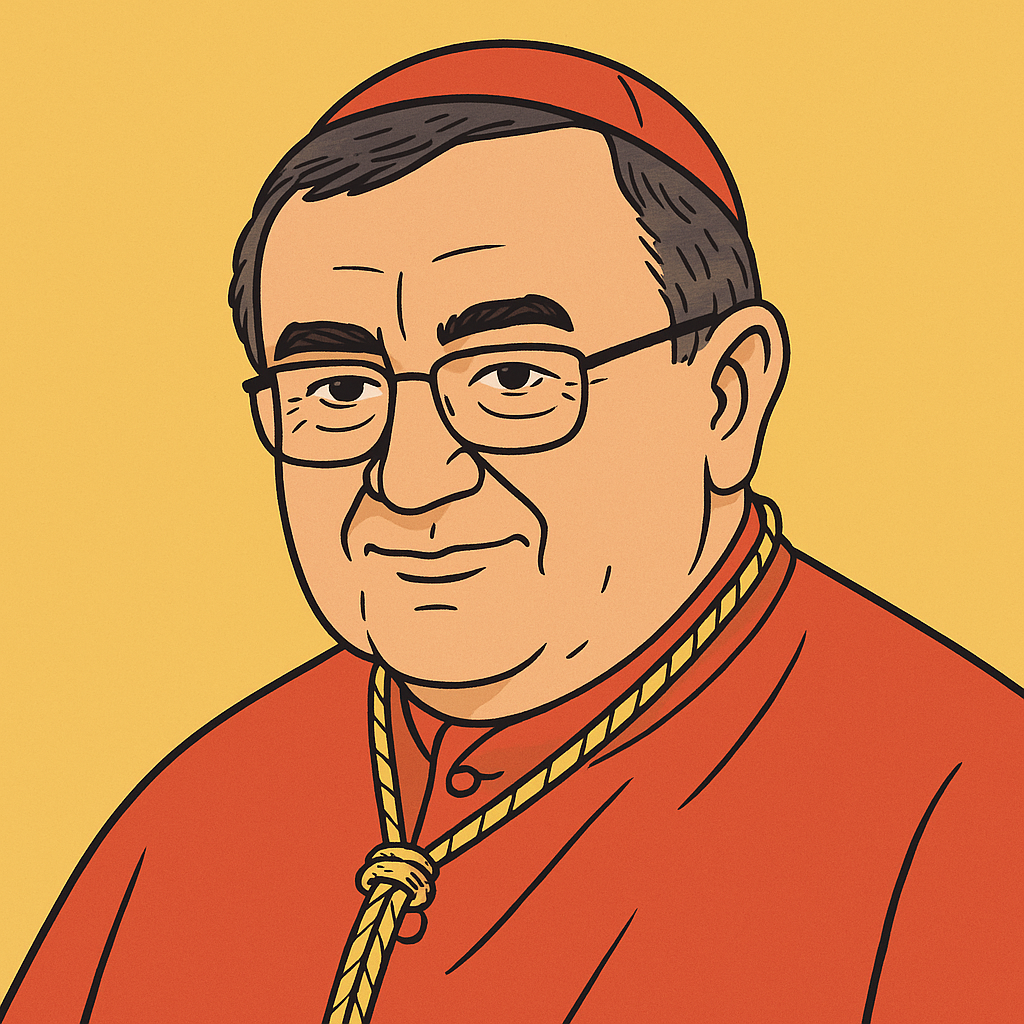
Bosnia and Herzegovina
Bosnian cardinal, Archbishop Emeritus of Sarajevo, known for his leadership during and after the Balkan War, his work for reconciliation and his defense of Catholic rights in the region.

Sweden
Swedish cardinal, the first Scandinavian cardinal in history, known for his balanced approach between tradition and openness, and his ecumenical work.

Tanzania
Tanzanian cardinal, Secretary of the Dicastery for Evangelization, known for his missionary expertise and balanced pastoral vision, combining doctrinal fidelity and cultural adaptation.

Italy
Italian cardinal, former apostolic nuncio, known for his diplomatic expertise and knowledge of Eastern Churches, combining liturgical tradition and openness to dialogue.
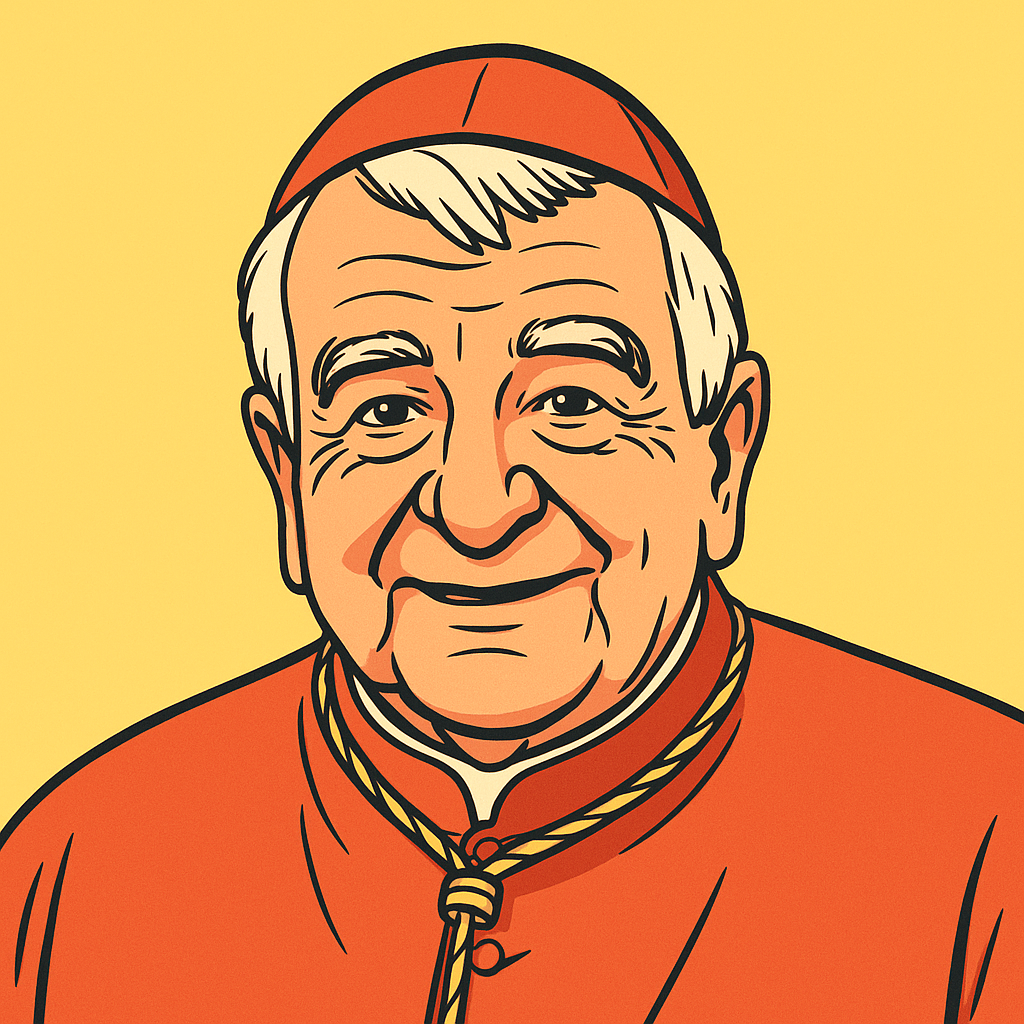
Switzerland
Swiss cardinal, apostolic nuncio, known for his diplomatic work and balanced approach between tradition and moderate openness.
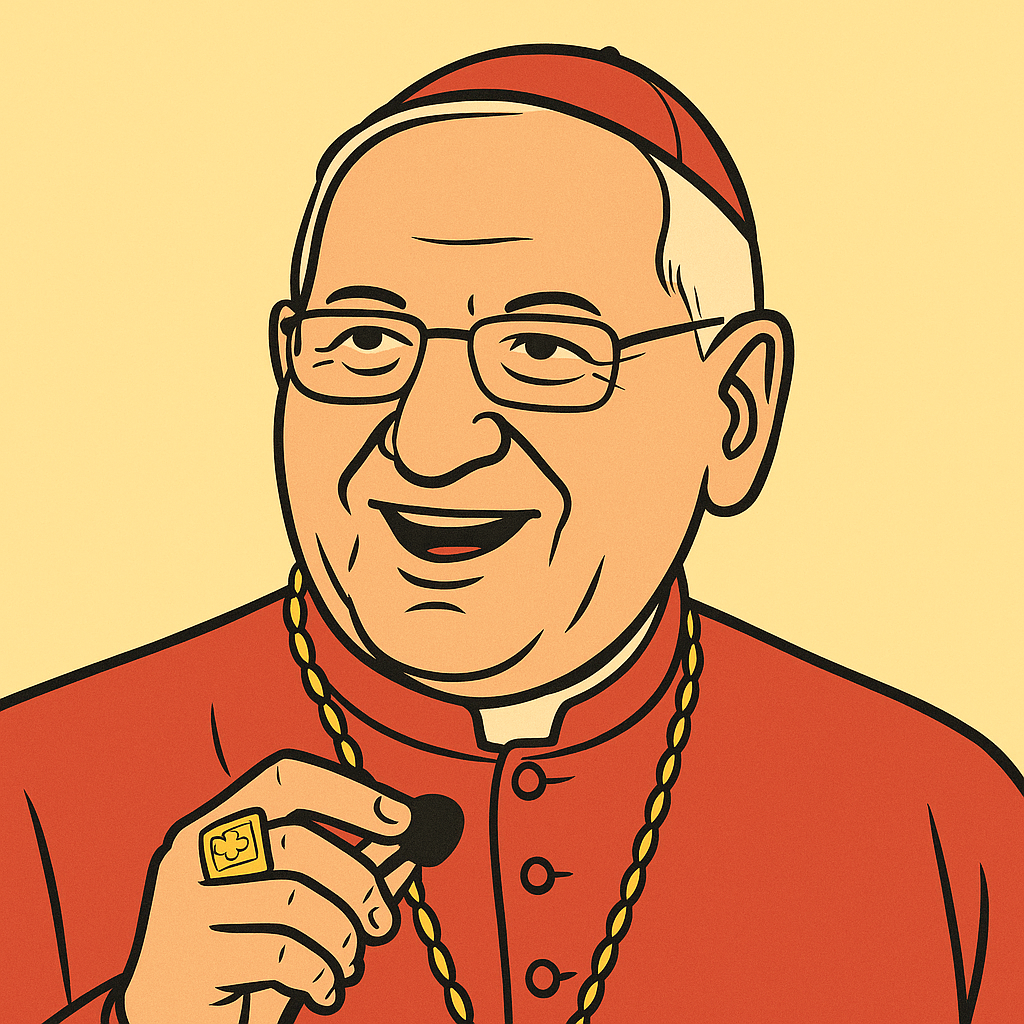
Iraq
Iraqi cardinal, Patriarch of the Chaldean Catholic Church, known for his leadership in a context of persecution and his commitment to the survival of Christians in the Middle East.

Germany
German cardinal, Archbishop of Cologne, known for his conservative positions and controversial leadership, particularly in handling sexual abuse and his opposition to certain reforms.

Myanmar
Burmese cardinal, the first from his country, known for his commitment to peace and reconciliation, combining respect for tradition and interreligious dialogue.

Israel
Italian cardinal, Latin Patriarch of Jerusalem, Franciscan, known for his expertise on the Middle East and his balanced leadership in a context of political and religious tensions.
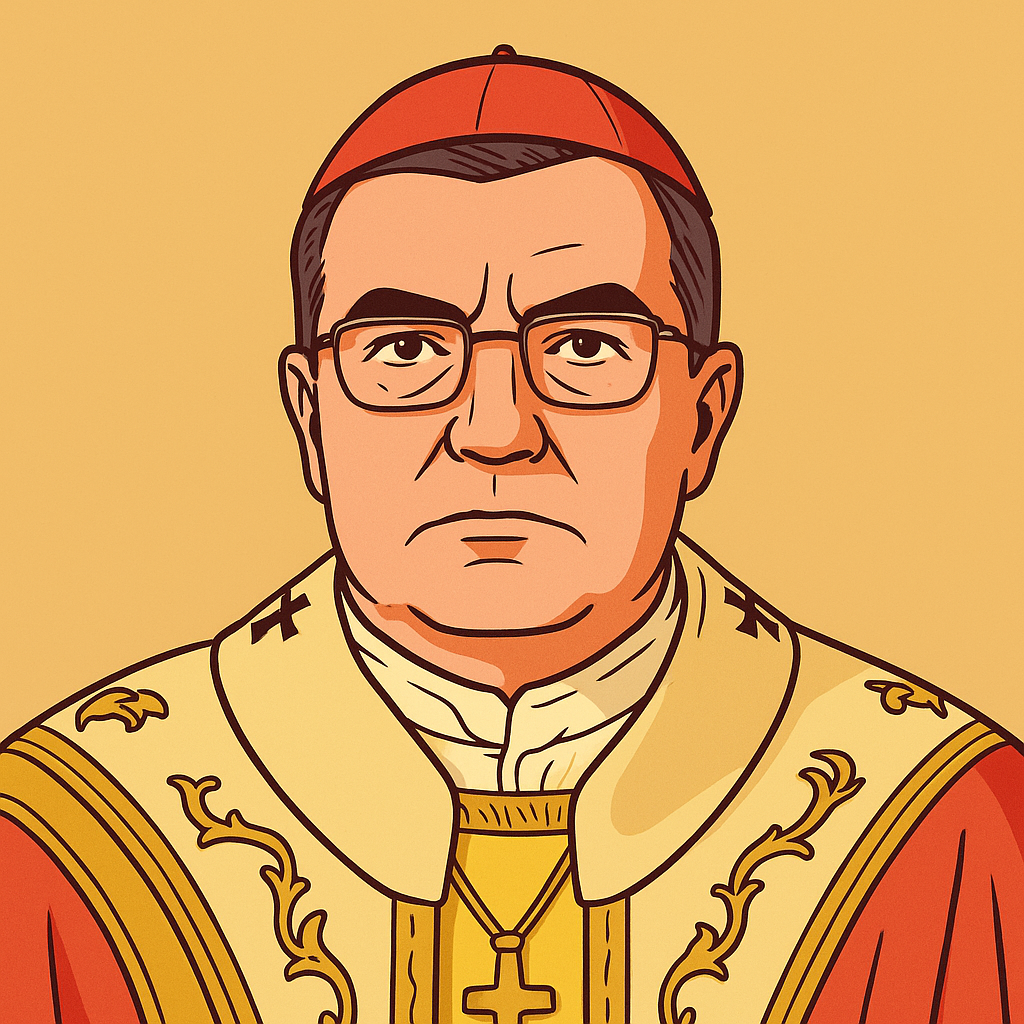
Croatia
Croatian cardinal, Archbishop of Zagreb, known for his conservative positions on moral issues and his commitment to traditional values in a post-communist context.
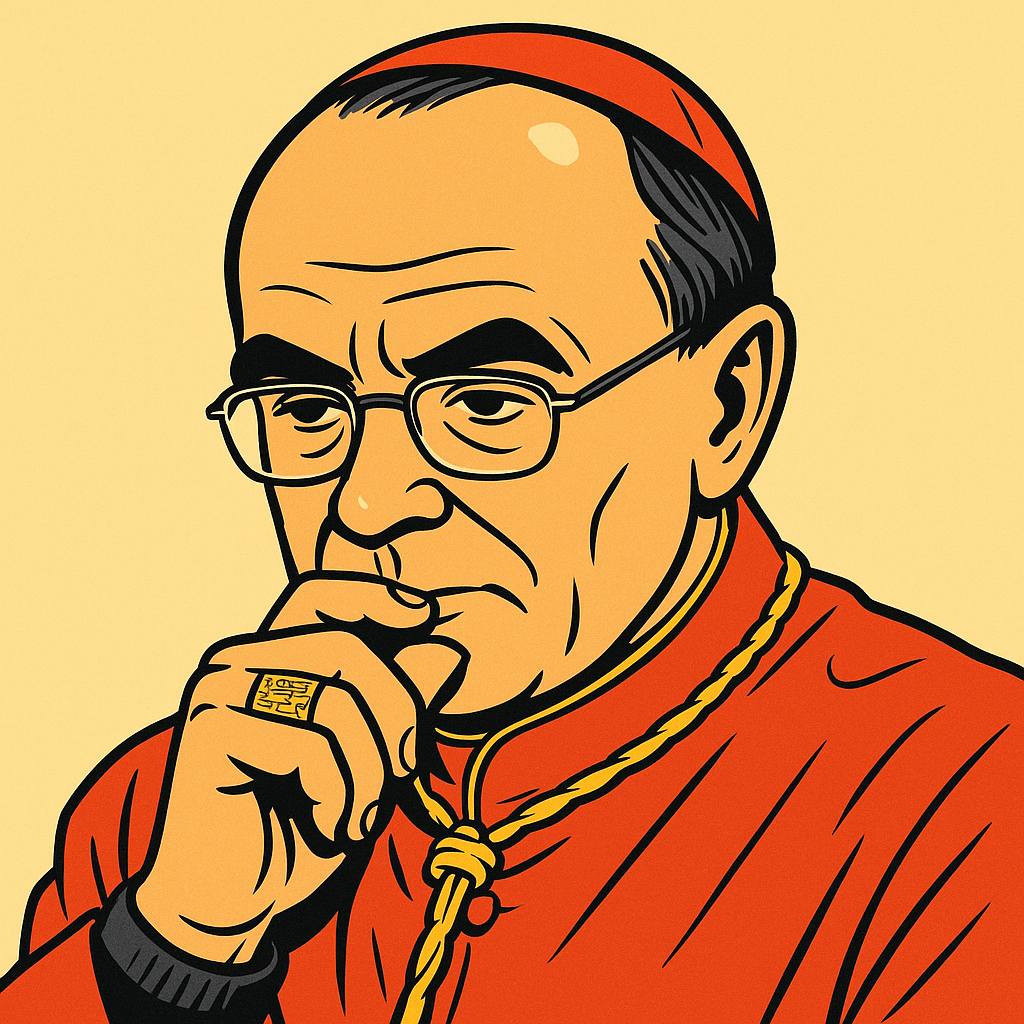
France
French cardinal, Archbishop Emeritus of Lyon, known for his missionary dynamism but whose career has been marked by controversy over the handling of sexual abuse in his diocese.
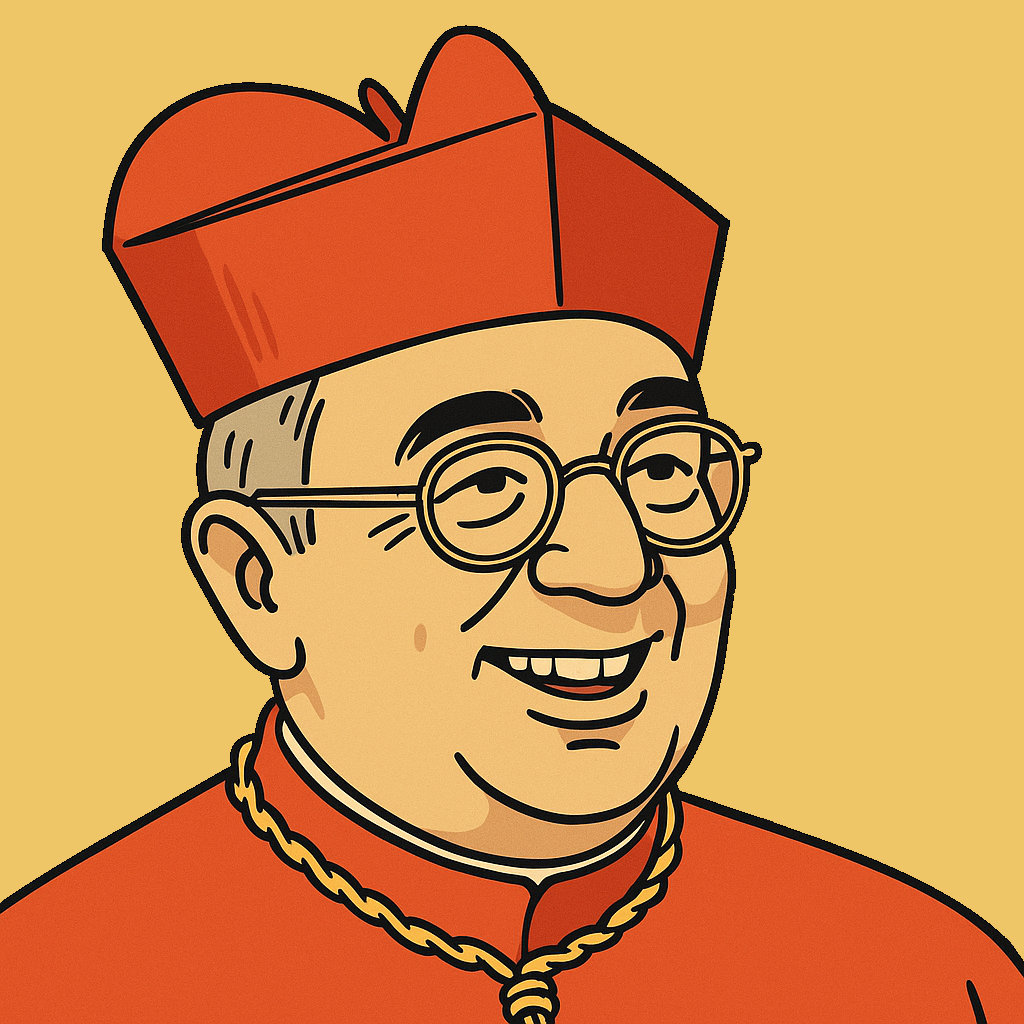
Italy
Italian cardinal, former vicar general of the pope for the diocese of Rome, known for his balance between liturgical tradition and moderate pastoral openness.